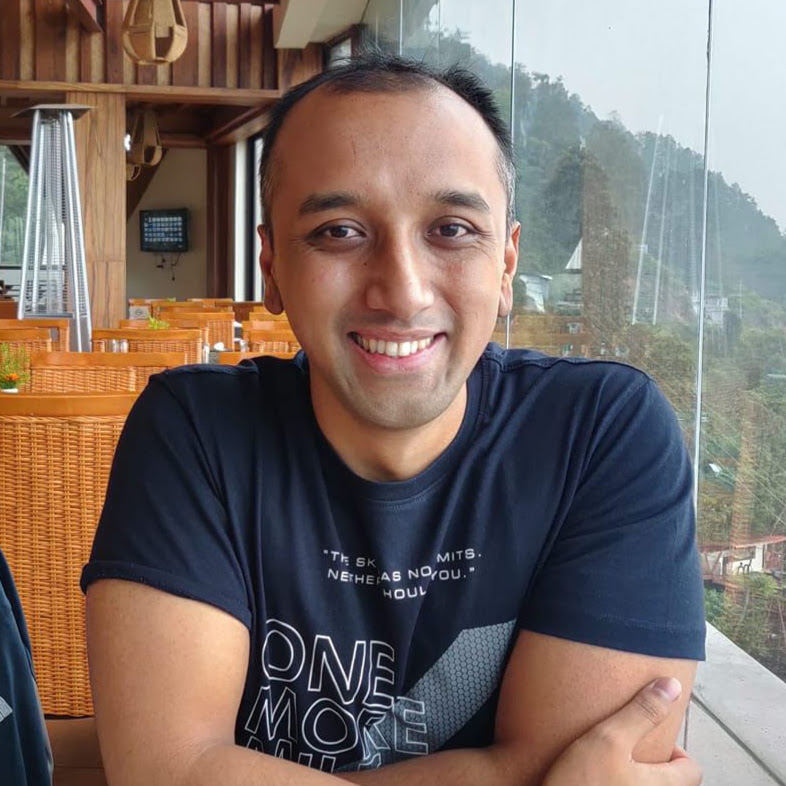Collaborate to celebrate

It’s really amazing to experience the power of collaboration amongst your team. As a beginner in project management, one may think that you’re bound to your own team members knowledge and that’s enough to complete a project, but once you embrace and include the concept of collaboration in your ways of working, it can absolutely accelerate the pace and quality of your project work.
In my initial days of being a project manager, I used to think guiding and suggesting things from my perspective would be best for the project, however, in reality, it worked for a few projects but not for all of them. After I introduced collaboration amongst my team and other departments, I started noticing how many more skills and ideas I could get into a project as different perspectives can come from anyone. For instance, one of my current project teams has a dedicated product owner, multiple analysts, engineers and testers and they are best at what they do but asking them to voice their opinion during any step of the project workflow has brought a lot of new ideas to the table. Some ideas that were made included better requirement details were suggested from the engineers or some analytical thoughts from the testers which we then discussed with the overall team for approval and critical comments. This is one the best things you could do during your planning and execution phase of project management; bounce ideas and brainstorm to bring in ownership, dependability and trust with a shared vision which eventually brings continuous improvement within the team and the project itself.
I then moved my collaboration efforts to other departments and teams to understand how they managed their work. Once I understood how they functioned, I organised workshops with my team to collaboratively understand how other departments are working in their day-to-day work life. For example, when we were using "Redmine" as a project management tool, others were using "Jira" and "DevOps". When we were using FTP and traditional file management, others were using GIT for version control, backups and monitoring of code. The latter ones are more powerful, easier and safer to use. Similarly, in another case, we got to see the level of preference they gave to statistical analysis for their reporting and workload management. And slowly we started to capture all of these new tools and services in our own projects which took them forward in a more productive manner. There are always new and convenient upgrades happening somewhere and if we keep our doors open to such workshops and discussions, our overall organisation can achieve a lot much faster. This is why I love the proverb “If you want to go fast, go alone, if you want to go far, go together". Decentralized knowledge sharing brings openness within the team members and makes the planning and project execution more efficient.
But to achieve a healthy collaborative team, we need to learn to let go of the ego and build a mindset to listen and observe others. We need to share our work, blame and credit. We need to constantly practice our communication skills and keep the discussion open to welcome everyone’s opinion. Teamwork doesn’t equal collaboration; it’s about partnership. Everyone on the table has a voice. No single person rules and as long as each group member contributes to the discussion, a deep respect and trust will develop amongst the team. My belief is that we should never dominate a project and we should always have intentions to collaborate — only then can we achieve our project goals more effectively.


0 comments
Log in to post a comment, or create an account if you don't have one already.